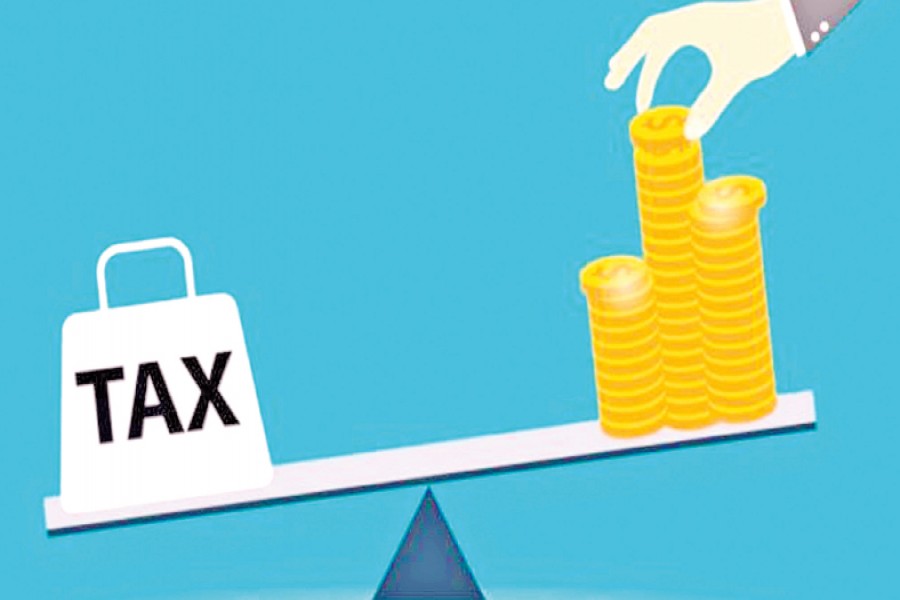In a recent article at an English Daily, renowned economist Professor Wahiduddin Mahmud tried to point out the structural problem of continued low level of revenue-GDP ratio in Bangladesh. He argued that the country's 'tax-GDP ratio, which is one of the lowest among our comparator countries, has remained the Achilles' heel of our budgetary management, only to be more openly exposed by the fallout of the pandemic and the impact of the ongoing global economic turbulence.'
A number of critics came down on the economist saying that he is bringing the revenue issue at the front when the economy is grappling with many other issues: rising inflation, falling foreign exchange reserves and then exchange rate, rising current account deficit, etc.
Though the issues raised by the critics are valid, they probably missed an important aspects of Wahiduddin Mahmud's article. It is the structural weakness of the economy raised by him and there is no doubt that low level of revenue-GDP ratio is behind the prolonged structural weakness of the county.
In the last one and half decade, revenue-GDP ratio remained stagnant at roughly about 9.0 per cent in Bangladesh and that's probably one of the lowest in the world.
The sources of many economic problems in Bangladesh including those are being discussed lie in low revenue level.
Take the example of rising government borrowing. This is the most talked about topic in the country recently. When revenue is the only source of the government's income, a low revenue leads it to borrow more from both domestic and foreign sources. While borrowing from the domestic sources will push money supply up, which is partly inflationary. And if the borrowing is from the external sources, it will raise the country's external debt, leading to vulnerability in external account. In fact, concerns related to depleting foreign exchange reserves could be less with lower level of external borrowing, lower import for externally funded projects and all.
Weak social security system is another concern. Bangladeshis are probably enjoying one of the weakest and weakly-targeted social security systems globally. With low level of revenue, the government can hardly think about extending it to the fullest expected level. People may debate the issue of trade-off between weakly necessary and overly budgeted infrastructure projects and necessary social security system, that probably deserves another discussion.
Then there is weak management of inflation. A government with strong revenue level is more capable of managing inflation. Against the inflationary pressures on the poor, the government could probably respond more strongly by extending necessary social safety net if its hands were not bound with revenue shortage. And, reducing import duty could be another option to tame import-related inflation, rising due to high import prices and exchange rate depreciation, but that's not also largely possible as import duty is the largest component of the already squeezed revenue level. As mentioned earlier, high revenue could also give the government space for not borrowing more from domestic sources which could be a major structural solution for inflation management.
These are just few examples, and the list can be extended more. So what is necessary is to understand the structural macroeconomic problems before jumping into any conclusion.
The writer is an economist.


